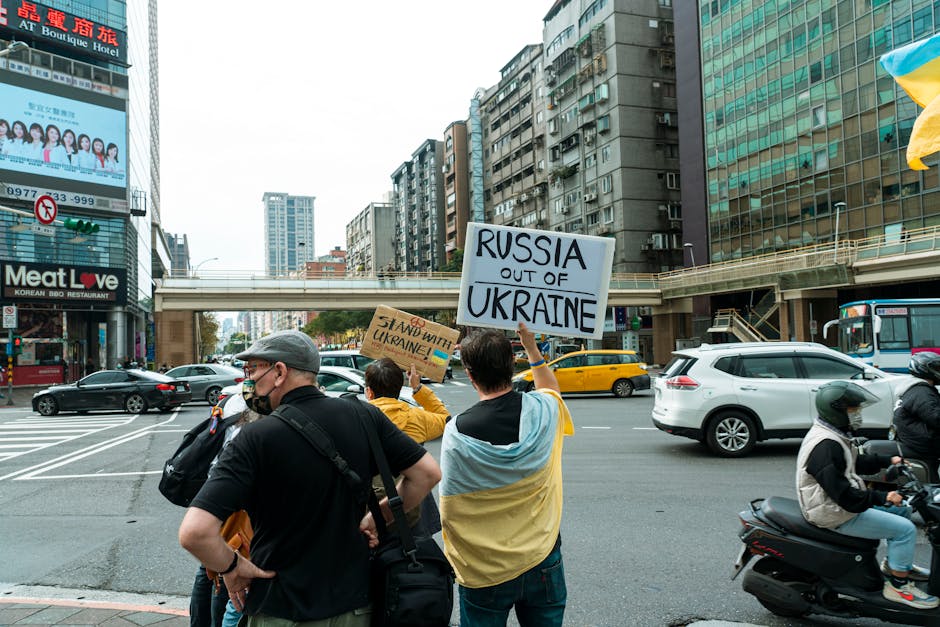As the conflict in Gaza intensifies, the question of accountability for alleged war crimes has taken center stage on the global platform. With thousands of civilian casualties, widespread infrastructure destruction, and reports of indiscriminate attacks, demands for an independent investigation into potential violations of international humanitarian law are growing. Yet, the path to such a probe is riddled with political complexities, raising doubts about whether the international community has the will to ensure justice for the victims.
The Case for Investigation
Human rights organizations like Amnesty International and Human Rights Watch have documented numerous incidents they claim constitute war crimes. These include the targeting of civilian areas, the use of disproportionate force, and the blockade of essential supplies such as food, water, and medicine. The United Nations has also voiced grave concerns, with Secretary-General António Guterres calling for an immediate ceasefire and urging adherence to international law.
The International Criminal Court (ICC) has jurisdiction over war crimes in Gaza, and its chief prosecutor, Karim Khan, has expressed willingness to investigate. However, the ICC’s ability to act hinges on the cooperation of member states and the geopolitical dynamics surrounding the conflict. While some nations support an investigation, others remain hesitant, citing concerns about bias or the potential to undermine peace efforts.
Political Obstacles
The lack of consensus among global powers is a significant barrier to accountability. The United States, a staunch ally of Israel, has historically shielded it from international scrutiny, including vetoing UN resolutions critical of Israeli actions. Similarly, the European Union remains divided, with some member states advocating for a probe while others prioritize diplomatic solutions over legal accountability.
Regional players like Egypt, Jordan, and Saudi Arabia have focused on brokering ceasefires and addressing the humanitarian crisis, often sidestepping the issue of war crimes. This reluctance stems from broader geopolitical considerations, including alliances, security concerns, and the desire to maintain regional stability.
Israel has consistently denied allegations of war crimes, asserting that its actions are in self-defense against militant groups like Hamas, which it classifies as a terrorist organization. Israel has also criticized the ICC’s jurisdiction, arguing that it lacks legitimacy and is being used as a tool for political persecution.
The Role of Public Opinion
Public opinion, both within and outside the region, plays a crucial role in shaping the political will for an investigation. In many Western countries, growing awareness of the humanitarian toll, driven by media coverage and civil society advocacy, has pressured governments to take a stronger stance on accountability.
However, the issue remains deeply polarizing. In Israel, public sentiment largely supports the government’s actions, viewing them as necessary for national security. In Gaza and much of the Arab world, there is widespread condemnation of Israeli policies and a demand for international intervention.
The Way Forward
For an independent investigation to gain traction, the international community must prioritize justice over political expediency. This could involve leveraging diplomatic channels to build consensus, supporting the ICC’s mandate, and ensuring that any probe is impartial and transparent.
Ultimately, the question of whether there is enough political will to probe war crimes in Gaza is a test of the international community’s commitment to justice and human rights. Without accountability, the cycle of violence and impunity is likely to continue, perpetuating suffering and undermining the prospects for lasting peace.
As the world watches the unfolding tragedy in Gaza, the need for action has never been more urgent. Transforming calls for justice into concrete steps to hold perpetrators accountable is essential to fulfilling the international community’s moral and legal obligations.




